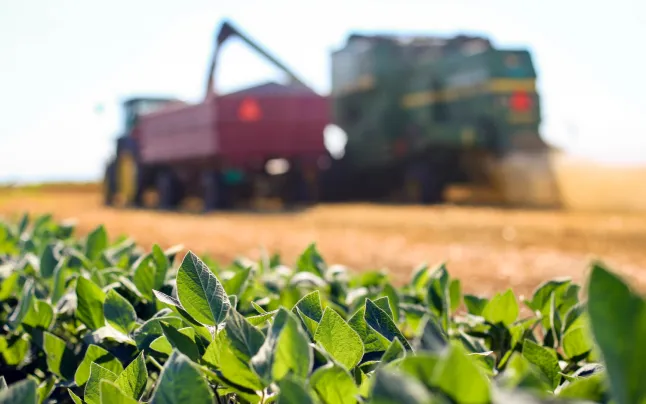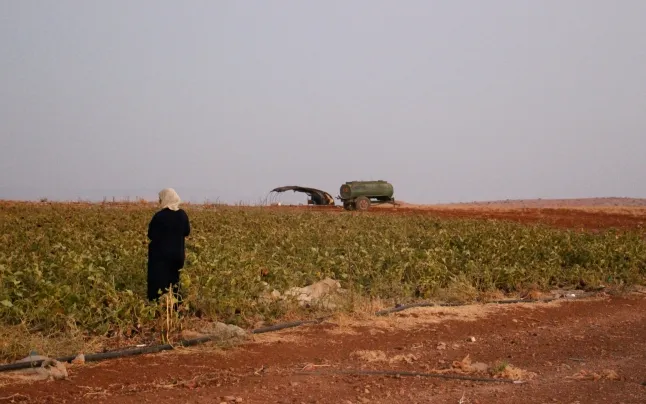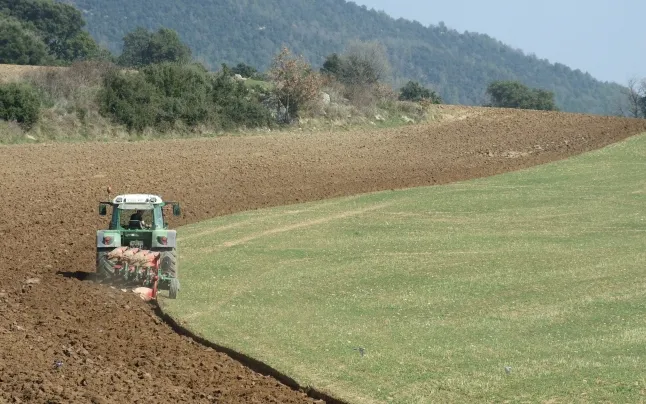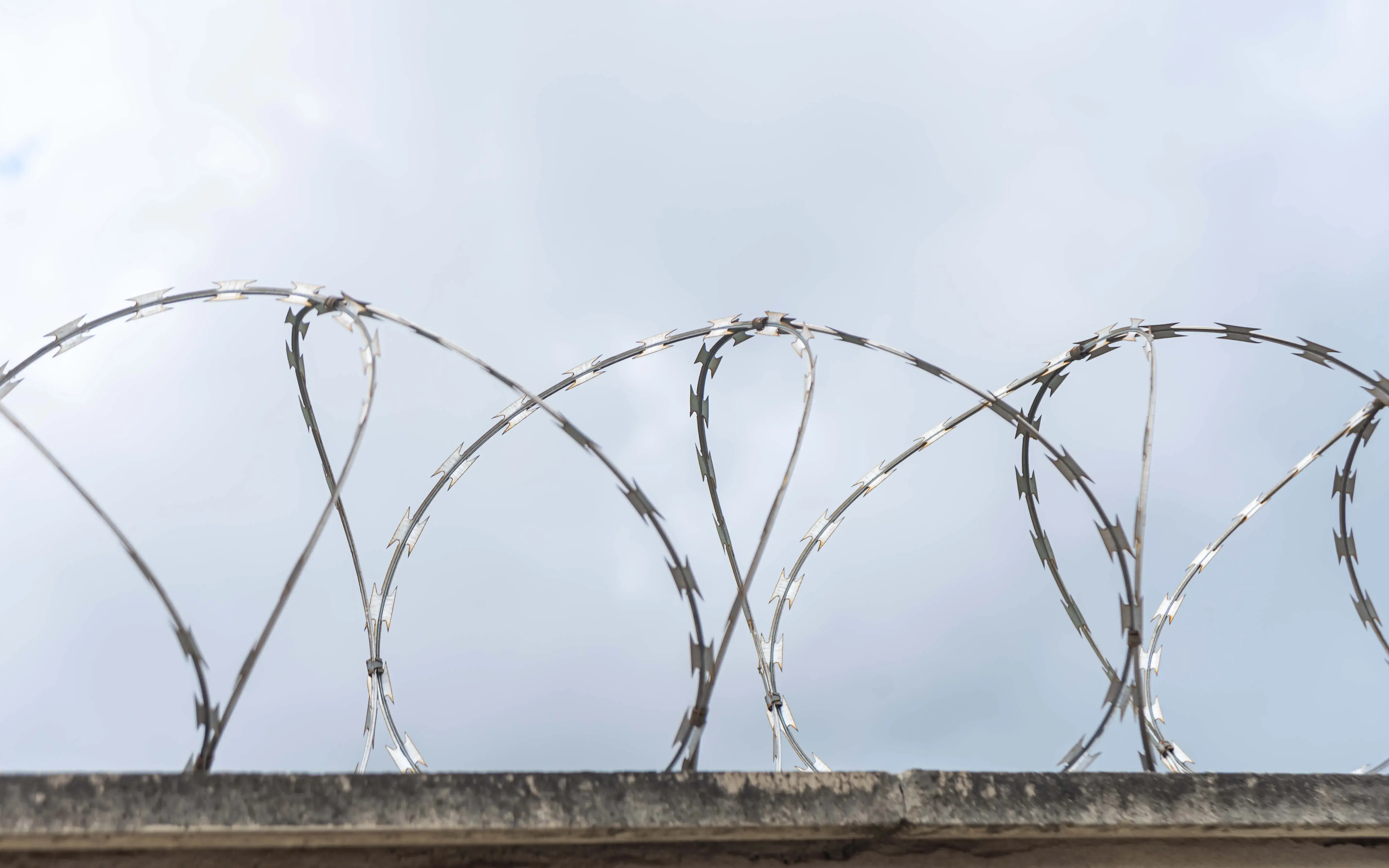Agricultural practices centered around the use of pesticides and chemicals significantly exacerbate climate change, which is why the Palestinian Farmer's Union is already devising methods to change the sector.
Agriculture plays a considerably important role in most Mediterranean countries, particularly those in the Middle East, such as Egypt, Syria, Jordan, Tunisia, and Palestine. These countries have already begun working on pilot projects that introduce new cultivation, harvesting, and fertilization methods with the aim of pioneering solutions that can inspire different regions worldwide on a global scale.
Apart from being a key sector for economic development due to the employment it generates, especially for families and women, agriculture is the foundation of food supply for the majority of the population. However, the use of intensive farming practices based on pesticides and chemical fertilizers worsens the climatic conditions in the region, making problems as droughts and high temperatures rise.
Striving for change to build a future focused on environmental commitment
"In Palestine, olives are the main crop. For the last three thousand years, the Palestinian farming population has been mainly engaged in olive cultivation, which generates the most income for the farms. However, olive trees require specific climatic conditions that we are losing due to climate change. It's a significant problem and crisis," says Abbas Milhem, president of the Palestinian Farmer's Union (PFU).
The organization represents a network of farmers associations in Palestine, spread across various districts in Gaza and West Bank. At present, PFU supports fifteen entities. "We are the only union representing farmers, their voices and interests. We have the responsibility to ensure that the government makes agricultural policies, regulations, and laws more sensitive to the rights and needs of farmers," explains Milhem.
Another challenge facing the sector is the Israeli occupation, which involves land confiscation, limited access to land, and restricted access to water - the essential natural resources for agriculture. "Another pillar of our organization is to provide protection to farmers to prevent their lands from being confiscated or annexed by Israel," details the president of PFU.
The region is repeatedly hit by repression from the Israeli army, violating the human rights of its citizens and attacking their integrity. "A week ago, there was a major invasion in the Jenin refugee camp. People were displaced, and twelve individuals were killed by the Israeli occupation. We are doing everything possible to help them," expresses Rula Khateeb, head of projects at PFU.
The use of native seeds
Given the impacts Palestine faces and the adverse effects of climate change on agriculture, PFU has devised a series of proposals to combat the situation. They will fight against the limited control over water resources controlled by the Israeli army, which exacerbates droughts, and temperature alterations that eliminate the four seasons. These conditions can also affect food security.
PFU has already implemented pilot projects to work with native seeds. These seeds are more climate and drought-resistant and, when combined with sustainable and extensive farming methods that avoid the use of environmentally destructive chemicals, can be the future of cultivation.
"Additionally, we want to practice agriculture with less water usage. To do this, we have been working on what we call 'smart agriculture techniques', which are financially affordable and create an irrigation system that consumes less water, has lower costs, and higher productivity," explains Abbas Milhem. The key steps to follow involve training farmers to implement these new methods.
"To educate farmers and make them transition from traditional farming to using these smart techniques, they need a period of transition. They have to see and understand the new model, and that's why we have set up modern farms where we conduct pilot tests and train the farming community," details Milhem. The main objectives are three: reducing production costs, increasing productivity and avoiding the use of chemical products that harm the environment, while enabling farmers to generate higher incomes.
Examples of case applications of the new techniques
In the Jenin area, located in the northern West Bank, a small bank of native seeds has been established, specifically for producing Freekeh, a typical Palestinian soup. Freekeh is made by cooking green wheat before it dries. During the pilot test, wheat seeds resistant to climate change and drought were selected.
The idea is to distribute these seeds among farmers so that they can plant them on their land. The wheat sector, dominant in Palestine, is then exported to Europe and other countries. The next step from PFU is to expand this seed bank to produce tons of Freekeh seeds, native wheat seeds, and expand the initiative further.
Additionally, as Rula Katheeb recounts, during the pandemic, they started a hydroponic system program. The project involved the installation of eighty-one units of different seeds, including parsley and mint. Through this soilless cultivation system, crops could be harvested every two months. "It was a great success. The farmers will increase the profitability of their farms and avoid using chemical products," highlights Khateeb.
By using organic fertilizers approved by international organizations, the environment will remain unharmed, and the need for chemical products will be eliminated, using climate-resistant seeds that, consequently, can resist water scarcity and diseases.
The role of women in agriculture
The most common practice in the Mediterranean countries of the Middle East is to assign women to the labor-intensive tasks in agriculture. They are responsible for cultivation, planting, harvesting, and nourishing the soil, while men mainly manage the production finances.
"When women enter the farm and work there, they use pesticides, fertilizers... and these products have been proven to be harmful and have negative effects on health. Exposure to these dangerous chemicals can lead to physical illness and diseases," says Rula Khaleeb.
According to PFU, there are women who have suffered from cancer due to breathing in these chemical products, and some of them have experienced respiratory problems and lung issues. It is essential to consider that these elements remain mixed with the soil, which women manipulate with their hands without any protection. Moreover, there is a lack of awareness among them about the harmful risks they face.









Add new comment